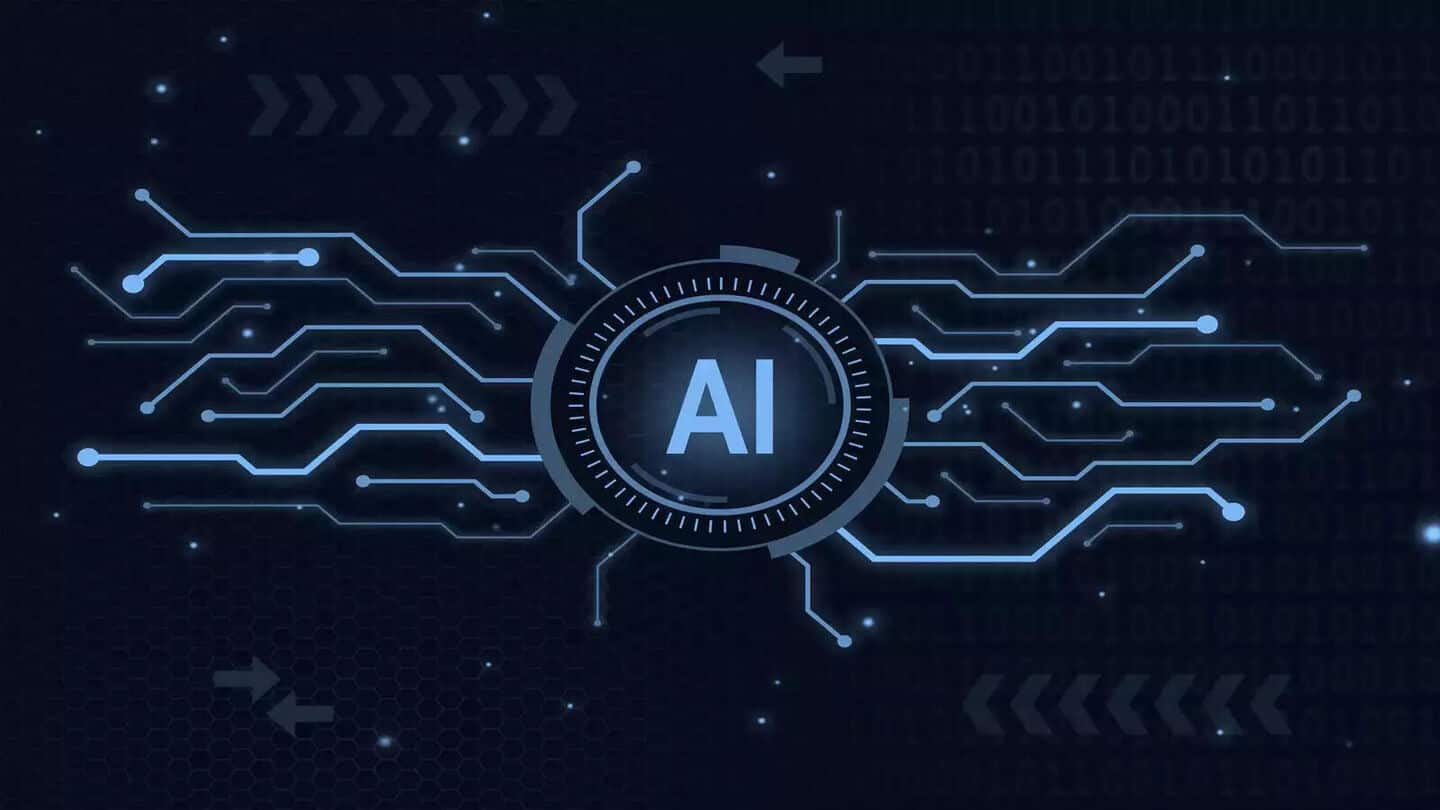
AI could disrupt 40% of global jobs by 2033: UN
What's the story
The United Nations (UN) has warned that artificial intelligence (AI) technology could affect nearly 40% of all jobs across the globe.
The global AI market is expected to be worth $4.8 trillion by 2033.
While the rapid growth offers opportunities for enhanced productivity, it also raises concerns of job displacement and automation risks, especially in knowledge-intensive sectors.
Economic impact
Advanced economies poised to leverage AI benefits
The UN's trade and development agency, UNCTAD, has emphasized that advanced economies are likely to be the most impacted by AI technology.
However, these countries are also in a better position to capitalize on its benefits than developing nations.
"The benefits of AI-driven automation often favor capital over labor which could widen inequality and reduce the competitive advantage of low-cost labor in developing economies," UNCTAD said in its report.
Focus
UNCTAD chief emphasizes human-centric AI development
UNCTAD's Secretary General Rebeca Grynspan has emphasized the need to prioritize people in AI development.
She called for stronger international cooperation to co-create a global AI framework.
Grynspan cautioned that while technological progress drives economic growth, it does not ensure equitable income distribution or foster inclusive human development by itself.
Market growth
Frontier technologies market to surge sixfold by 2033
According to the UN report, frontier technologies such as AI, blockchain, 5G, and 3D printing represented a market worth $2.5 trillion in 2023.
This is projected to grow sixfold over the next decade to an estimated value of $16.4 trillion by 2033.
The report also observed that access to AI infrastructure and expertise is currently concentrated in just a few economies - mainly US and China - with only about 100 firms accounting for 40% of global corporate R&D spending.
AI spending
Countries urged to invest in digital infrastructure
The UN has called on countries to act quickly and invest in digital infrastructure, build capabilities, and strengthen AI governance.
"AI is not just about replacing jobs," the agency said. "It can also create new industries and empower workers."
The UN stressed that investing in reskilling, upskilling, and workforce adaptation is key to ensuring AI enhances employment opportunities instead of taking them away.